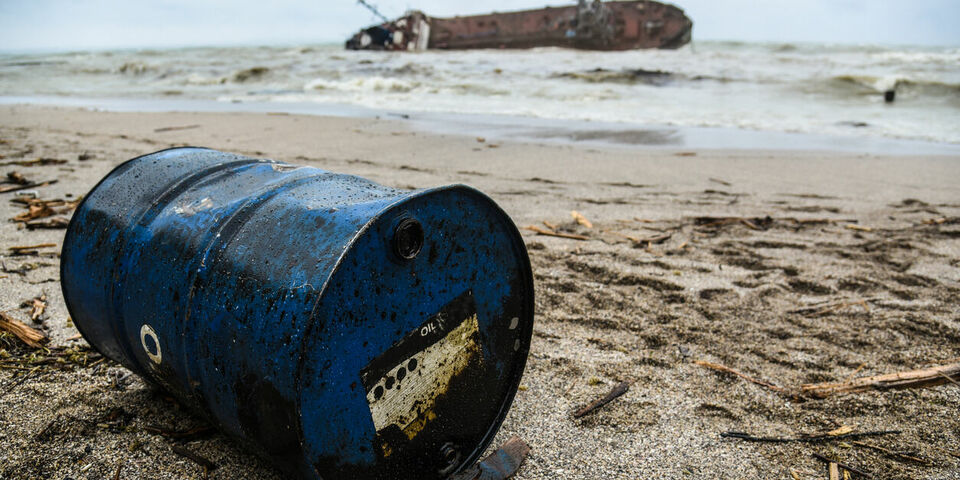In my opinion | How can we end fossil fuels in a way that is climate just?
Yesterday, I attended the EnergyDays of EIRES. 'Can we end fossil fuels?'. As a student doing the master Sustainable Energy Technology at the TU/e, spending my daily life trying to create a more climate just world, this was an event that I would not want to miss. After the event, even though I had learned quite a few things, I was also frustrated. I will try take you with me on how I experienced this event and especially the effect that two of the presentations had on me combined with Robert-Jan Smits' closing words. Moreover, the title of the symposium already made me cautious, since asking this question with this framing can give rise to a seemingly objective symposium about what is 'realistic' fossil fuel phase out.
Firstly, it was interesting to hear about the very recently published IPCC synthesis report from Detlef van Vuuren. Although most information was known to me as I had been looking at the graphs from previous IPCC reports for a lot of times, it is still very impressing to listen to someone who is contributing so much to climate science. The difficulty with communicating about these findings in scientific language is that it will mainly activate the rational part of us, since numbers for most people do not activate our emotions. Numbers like '50% chance of remaining below 1.5 degrees' sometimes allow us to forget what is at stake, who bear most of the consequences and who are responsible. These might be topics related to different questions, but I would argue that these are important questions to consider before starting to answer the question: 'can we end fossil fuels?'. The full acknowledgement of historical carbon emissions and the related climate debt should reshape the debate on who needs to phase out fossil fuels the fastest and by when it would be realistic to end it.
The second speaker was energy specialist Jilles van den Beukel. It was interesting to learn more about the energy dependency of the European Union. I must admit that I was not aware that the Groningen gas fields were such a large share of the energy production of the EU. On the one hand, the way he approached the energy transition gave me some new insights. On the other hand, it was estranging to hear someone talk about the energy transition, as if it were a game in which you can win as a country or company. I would see it more as an essential part of bringing climate breakdown to a halt. This felt so out of touch with reality since his concerns were mainly centered on price levels and the EU maintaining their power position and not as much about centering those who are most affected by climate breakdown and what would be the most just way to phase out fossil fuels. He framed the court case against Shell as if it was undesirable to demand Shell to reduce scope 3 emissions by 45%. Here I would say: Is it really such a strange thing to enforce the responsibility to stop destroying the Earth?
The president of the TU/e, Robert-Jan Smits, closed the symposium with some final words. He said that he wanted that the brightest minds work together on the energy transition, and therefore the TU/e would continue collaborating with the fossil fuel industry. It is sad to see that he used this symposium to legitimize the TU/e's collaboration with this industry. Even though we cannot end fossil fuels tomorrow, we can still try to make it happen sooner rather than later. Granting the fossil fuel industry a social license to operate is not helpful for phasing out fossil fuels as soon as possible. These companies have been and continue blocking climate policies and trying to externalize the costs of their operations on people and planet. In my opinion, the following question should have been central in this symposium: How can we end fossil fuels in a way that is climate just?


Discussie